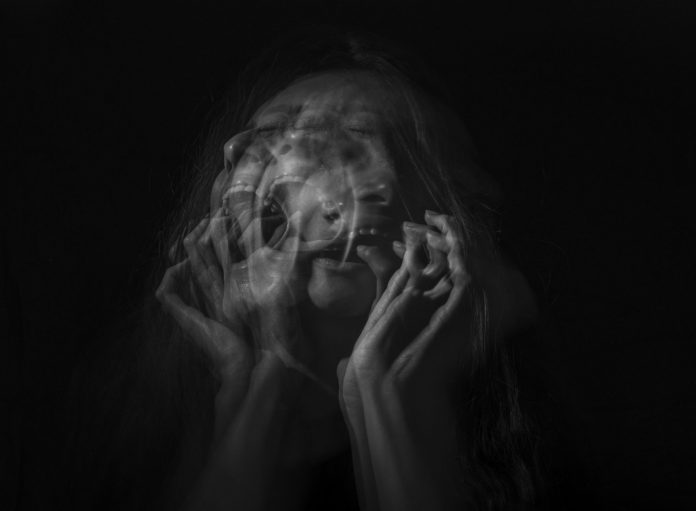Bipolar Disorder Signs and Symptoms
About bipolar depression symptoms, bipolar disorder signs and symptoms and how bipolar disorder affects you.
x
For most people bipolar disorder develops in late adolescence or early adulthood. But there have also been bipolar children and older people that develop bipolar symptoms.
Both men and women are both prone to this disorder. However, women who have bipolar will usually have more episodes of depression, while men are more prone to begin with manic episodes.
You need to be aware of bipolar depression symptoms so that you can get help as soon as possible. You must not just ignore the symptoms and hope they will go away…

They won’t!
Bipolar disorder gets worse the longer it is untreated.
The first thing to be aware of in diagnosing bipolar depression symptoms is extreme mood swings – bipolar sufferers will experience periods of depression alternating with bursts of elation.
The mood swings in bipolar disorder can be sudden, extreme and catastrophic. Someone in a manic or high phase may feel excited, elated and full of grand ideas, behave impulsively and perhaps run up debts or start an affair. Depression is, however, the most prevalent symptom and can make you feel deep and overwhelming despair, guilt, apathy and an absolute inability to function normally.
Bipolar Depression Symptoms
Manic Phase of Bipolar Disorder
- Extreme optimism
- Inflated self-esteem
- Euphoria
- Poor judgement
- Rapid speech
- Racing thoughts
- Low concentration
- Aggression
- Agitation or irritation
- Increased physical activity
- Missing work or school
- Spending sprees
- Increased drive to achieve goals
- Increased sex drive
- Decreased need for sleep
- Careless or dangerous use of drugs or alcohol
- Delusions
- Poor performance at work or school
Depressive phase of bipolar disorder
- Hopelessness
- Suicidal thoughts or behaviour
- Anxiety
- Guilt
- Sadness
- Sleep problems
- Poor appetite or increased appetite
- Tiredness
- Lack of interest in daily activities
- Poor concentration
- Irritability
- Chronic pain without an apparent cause
- Absences from work or school
- Poor performance at work or school
Recommended Read
If you’re dealing with bipolar disorder, you already know that it’s more than a cycle of “ups” and “downs.” Dealing with these day-to-day problems can sometimes seem like too much to bear. Drawing on the latest research in bipolar disorder, stress, and health, this step-by-step guide offers a complete selection of livable, workable solutions to manage bipolar disorder and helps you:
This is a uniquely personal approach to your bipolar disorder that covers the full spectrum of the disease and its symptoms. You’ll be able to find successful ways to regulate your moods, relieve your stress, improve your thought processes, and break the bipolar cycle–for a happier, healthier life.
|
It is very important that you seek professional medical help if you identify any bipolar depression signs and symptoms. Bipolar disorder doesn’t get better on its own. If you are reluctant to seek treatment, confide in someone you trust. They can help you take the first steps to successful treatment. Bipolar depression is treatable and you can be helped to start living everyday better!
More Useful Information
- Types of Bipolar and the different symptoms.
- Do this simple Bipolar Disorder Quiz | Bipolar Disorder Self-Test.
- Bipolar Definition.
- Take A Depression Test.
- Famous people with bipolar disorder can motivate and inspire you.
- Learn more about stress and anxiety.
- Stress and Depression – how they affect each other.
- Diet and Depression in Women is an interesting read.
Go from Bipolar Depression Symptoms to Stress And Depression
|
Treat yourself or a friend to a Reiki gift! |
|
Treat yourself or a friend to a Foot Massage gift! |
